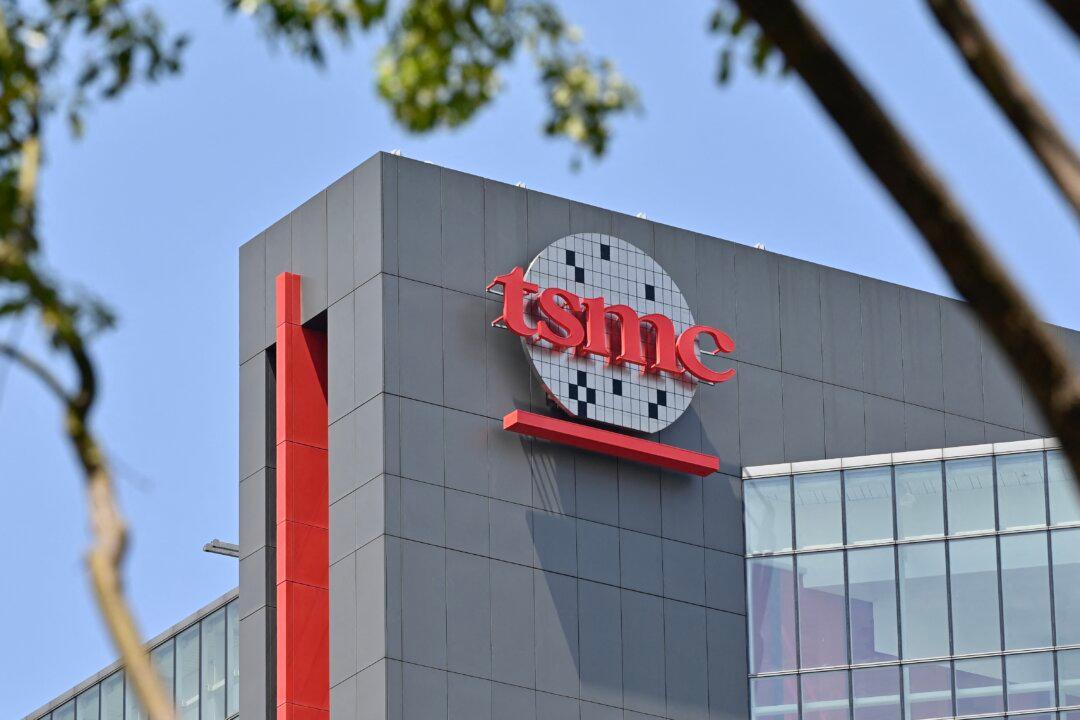WASHINGTON—The global computer chip shortage has boosted the economic and strategic importance of Taiwan, which is home to some of the world’s largest and most advanced chip foundries. With Chinese aggression against Taiwan increasing in recent months, some experts claim that the island’s independence and democracy have never been so important to Western countries.
Taiwan is now the “most dangerous place on earth,” according to The Economist magazine, due to concerns that the Chinese communist regime could launch a military invasion of the island.





